Discover Witness to Yesterday (The Champlain Society Podcast on Canadian History)
Witness to Yesterday (The Champlain Society Podcast on Canadian History)

Witness to Yesterday (The Champlain Society Podcast on Canadian History)
Author: The Champlain Society
Subscribed: 74Played: 3,385Subscribe
Share
© All rights reserved
Description
Immerse yourself in Canada’s history! Witness to Yesterday episodes take listeners on a journey to document a time in Canada’s past and explore the people behind it, its significance, and its relevance to today. If you like our work, please consider supporting it: https://bit.ly/support_WTY. To learn more about the Society and Canada’s history, subscribe to our newsletter at https://bit.ly/news_WTY.
349 Episodes
Reverse
Greg Marchildon speaks with Ron Graham about his book, The Coutts Diaries: Power, Politics, and Pierre Trudeau 1973-1981. Jim Coutts, principal secretary to Prime Minister Pierre Elliott Trudeau from 1975 to 1981, was one of the most powerful men in Canada during those tumultuous years. Equally admired and attacked, respected and reviled, he was, in the words of one contemporary journalist, “a political phenomenon such as Canada has never known before: Machiavelli masquerading as a cherub.” The man who “exercised more backroom power than anyone else in modern Canadian political history,” Coutts not only knew everyone and saw everything at the centre of the action, he wrote it all down. Now, for the first time, his secret diaries have been edited into a single volume that offers an astonishing, behind-the-scenes look into public events and private lives during some of the most dramatic years in Canadian history.
Ron Graham is an author and journalist based in Toronto. He has written extensively over many decades on Canadian politics, history, religion, business, and culture.
If you like our work, please consider supporting it: bit.ly/support_WTY. Your support contributes to the Champlain Society’s mission of opening new windows to directly explore and experience Canada’s past.
Larry Ostola speaks with Don Weekes about his book, Hockey Hall of Fame Timeline of the Game: 150 Years of Hockey Stories. The players. The builders. The moments and stories that define the game. Hockey Hall of Fame Timeline of the Game is a visual catalog of hockey's history -- from the early days of a modest ice game played on ponds to today's fast-paced, global, multi-billion-dollar sport. Hockey Hall of Fame Timeline of the Game is replete with facts, stories, headlines and stats that will satiate the appetites of even the most passionate fans. Hundreds of images, from iconic photographs to obscure illustrations and rare shots, bring the history to life -- all assembled in a colorful, attention-grabbing package. This indispensable reference guides you through eight hockey-defining eras.
Don Weekes is an award-winning television producer at CTV Montreal and the author of more than 20 hockey books, including Hockey Hall of Fame Book of Trivia and Picturing the Game: An Illustrated Story of Hockey.
If you like our work, please consider supporting it: bit.ly/support_WTY. Your support contributes to the Champlain Society’s mission of opening new windows to directly explore and experience Canada’s past.
James Stewart (J.D.M.) speaks with Alexandra Giancarlo, Janice Forsyth, and Braden Te Hiwi about their book, Beyond the Rink: Behind the Images of Residential School Hockey. In 1951, the Sioux Lookout Black Hawks from Pelican Lake Indian Residential School toured Ottawa and Toronto after winning the Thunder Bay district championship. Promoted as proof of the residential school system’s “success,” the tour masked the realities of abuse and forced assimilation. Beyond the Rink by Alexandra Giancarlo, Janice Forsyth, and Braden Te Hiwi—created with Survivors Kelly Bull, Chris Cromarty, and David Wesley—examines this legacy, celebrating the team’s achievements while exposing hockey’s role in colonial narratives and reclaiming their story to envision a more just future for Indigenous peoples and Canada.
If you like our work, please consider supporting it: bit.ly/support_WTY. Your support contributes to the Champlain Society’s mission of opening new windows to directly explore and experience Canada’s past.
Larry Ostola speaks with Harry Malcolmson about his book, Scene: How the 1960s Transformed Canadian Art. Scene traces this remarkable reshaping of the nation’s artistic landscape. Written by renowned art critic Harry Malcolmson, the book offers an insider’s view of how a surge of artists, galleries, collectors, and critics propelled Canadian art onto the global stage. Malcolmson explores the forces behind this creative renaissance, from the patriotic fervor surrounding Canada’s Centennial and Expo ’67 to landmark projects like Toronto City Hall. Through vivid anecdotes and sharp analysis, he captures the energy of the decade and profiles over twenty influential Canadian artists who defined the period. Richly illustrated, Scene examines how growing nationalism, cultural confidence, and economic prosperity converged to shape a new artistic identity. It also charts the rise of key institutions, including the Art Gallery of Ontario and the National Gallery of Canada.
Harry Malcolmson is an art critic and a prominent collector of art and historical photography. Previously, he worked as a lawyer and was a regular contributor to publications such as the Toronto Telegram, Saturday Night, and Canadian Art. Together with Ann Malcolmson, he assembled The Malcolmson Collection, which spans the history of photography from the 1840s and is regarded as one of the most important collections of historical photography in Canada.
If you like our work, please consider supporting it: bit.ly/support_WTY. Your support contributes to the Champlain Society’s mission of opening new windows to directly explore and experience Canada’s past.
Nicole O'Byrne speaks with Barry Cahill about his book, A Biography of Robert Henry Winters. This biography is of Nova Scotian Robert Henry Winters (1910-1969) who was first elected to Parliament in 1945 and appointed to Cabinet by Prime Minister Louis St-Laurent in 1948. Between 1957 and 1965 Winters was one of Canada’s most prominent businessmen, running companies specializing in resource extraction and development. Returning to politics in 1965, he was again elected to Parliament and soon joined the Cabinet of Prime Minister Lester Pearson as minister of trade and commerce. Notably, Winters placed second to Pierre Trudeau in the vote to choose the new leader of Canada’s Liberal Party in 1968. Leaving politics once again and re-entering big business, Winters became president, and then chair of Brascan (now Brookfield Asset Management) before his unexpected death. This book will be a welcome read for anyone interested in Canadian politics, especially within the Liberal Party, Canadian business, and the interaction between the two.
Barry Cahill, MLitt is an independent historian in Halifax, Nova Scotia, specializing in the legal profession, the 1917 Halifax Disaster, Canadian Black Studies, especially slavery and abolition, and Canadian political biography. He was a Commonwealth Scholar at Oxford University, and has published eight books and numerous scholarly articles, including several in the Dictionary of Canadian Biography, and is currently working on a biography of William Stevens Fielding, Prime Minister Sir Wilfrid Laurier’s minister of finance throughout the fifteen years of the Laurier government, 1896-1911.
Image Credit: Cambridge Scholars Publishing
If you like our work, please consider supporting it: bit.ly/support_WTY. Your support contributes to the Champlain Society’s mission of opening new windows to directly explore and experience Canada’s past.
Larry Ostola speaks with Anton Wagner about his book, The Spiritualist Prime Minister: Volume 1: Mackenzie King and the New Revelation, along with the author of the foreword, Walter Meyer zu Erpen. The Spiritualist Prime Minister by Anton Wagner is a groundbreaking two-volume biography that reveals the deep influence of Spiritualism and the occult on William Lyon Mackenzie King, Canada’s longest-serving Prime Minister. Based on ten years of meticulous research, Wagner documents over 130 of King’s interactions with mediums, psychics, and other spiritual practitioners. King’s primary motivation was to communicate with his deceased mother and close associates, often consulting spiritualists during pivotal moments in his political career, including the Great Depression and World War II. The biography situates King’s beliefs within the broader international context of early 20th-century Spiritualism, referencing figures like Arthur Conan Doyle. Wagner’s work offers a detailed psychological portrait of King, exploring both his mystical pursuits and controversial views, including instances of racism and antisemitism. Richly illustrated and thoroughly researched, this biography provides new insights into the private life and decision-making of one of Canada’s most influential leaders.
Anton Wagner is a founding executive member of the Canadian Association for Theatre Research, editor of ten books on Canadian theatre, and an accomplished researcher, writer, and documentary filmmaker.
Walter Meyer zu Erpen is president and archivist of the Survival Research Institute of Canada.
If you like our work, please consider supporting it: bit.ly/support_WTY. Your support contributes to the Champlain Society’s mission of opening new windows to directly explore and experience Canada’s past.
James Stewart (J.D.M.) speaks with Matthieu Caron about his book, Montreal After Dark: Nighttime Regulation and the Pursuit of a Global City.
Montreal After Dark by Matthieu Caron explores the transformation of Montreal’s vibrant nightlife from the early twentieth century through the reformist era of Mayor Jean Drapeau. Once known for its lively scene of sex, jazz, liquor, and gambling, Montreal’s nightlife came under strict regulation as Drapeau sought to curb corruption and reshape the city into a global metropolis. The book details how city authorities and police worked together to control nighttime activities, especially during major events like Expo 67 and the 1976 Olympics. It examines the tensions between maintaining order and responding to social unrest, highlighting how debates over public space, acceptable behaviour, and sexual norms reflected broader struggles over the city’s identity. Matthieu Caron reveals how the regulation of nightlife became intertwined with consumer capitalism and political power, fundamentally altering Montreal’s urban culture and the experience of the city after dark.
Matthieu Caron is a postdoctoral fellow in the Department of History at Simon Fraser University.
If you like our work, please consider supporting it: bit.ly/support_WTY. Your support contributes to the Champlain Society’s mission of opening new windows to directly explore and experience Canada’s past.
Larry Ostola speaks with Richard Harris about his book, The Rise of the Neighbourhood in Canada, 1880s–2020s. The Rise of the Neighbourhood in Canada, 1880s–2020s by Richard Harris traces the evolution of Canadian neighbourhoods from the 1880s to the 2020s, highlighting their growing importance amid rising social inequality and immigration. While neighbourhoods now foster fewer social connections, they have become crucial for homeowner investment and children’s educational opportunities. The book examines how neighbourhoods, especially in urban areas, impact the lives of the least mobile groups—workers, low-income households, immigrants, women, children, and the elderly—by shaping public health, crime, social capital, and job prospects. It explores the influence of physical and social characteristics, long-term trends, and communications technology on neighbourhood life. As homeownership increased, neighbourhoods became central to financial investment, leading to greater financialization and reduced affordability. Drawing on examples from cities across Canada, the book argues that neighbourhoods’ significance will endure, continuing to shape Canadian society and individual life chances in the face of ongoing change.
Richard Harris is a professor emeritus of urban geography at McMaster University.
Image Credit: University of Toronto Press
If you like our work, please consider supporting it: bit.ly/support_WTY. Your support contributes to the Champlain Society’s mission of opening new windows to directly explore and experience Canada’s past.
Greg Marchildon speaks with Stephen Azzi and Patrice Dutil about their book, Statecraft: Canadian Prime Ministers and Their Cabinets. This collection of essays explores the politics of cabinet government in Canada through the lens of statecraft, examining how prime ministers have exercised leadership since 1867. Through twenty critical essays, leading scholars analyse the challenges faced by individual leaders from Sir John A. Macdonald to Justin Trudeau. They address questions such as: What influenced cabinet appointments? Why were ministers shuffled or dismissed? How did the drive for re-election shape leadership styles? At its core, the book defines statecraft as the art of decisive leadership amid shifting social, economic, and cultural realities. It is a balancing act—maintaining cabinet cohesion, prioritizing urgent issues, and navigating the pursuit of political survival. Even the most seasoned leaders may master it one day and falter the next. Drawing on extensive research, Statecraft bridges history and political science, offering fresh insights into the strategies, decisions, and leadership techniques that have defined Canada’s prime ministers.
Stephen Azzi is a professor of political management, history, and political science at Carleton University.
Patrice Dutil is a professor in the Department of Politics and Public Administration at Toronto Metropolitan University.
Image Credit: UTP
If you like our work, please consider supporting it: bit.ly/support_WTY. Your support contributes to the Champlain Society’s mission of opening new windows to directly explore and experience Canada’s past.
Nicole O'Byrne speaks with Alan MacEachern about his book Becoming Green Gables: The Diary of Myrtle Webb and Her Famous Farmhouse. In 1909 Myrtle and Ernest Webb took possession of a Cavendish, Prince Edward Island farm—ordinary except that it was already known as the inspiration for Anne of Green Gables, written by Myrtle’s cousin, L. M. Montgomery. The Webbs welcomed visitors to “Green Gables” and took in summer boarders, making their home central to PEI’s growing tourist trade. In the 1930s the farm became the centerpiece of a new national park, though the family remained its caretakers for another decade.
During these years Myrtle kept a diary. When she began in 1924, she was a forty-year-old homemaker managing a household of eight; by 1954, she was a seventy-year-old widow, no longer resident in what had become the most famous house in Canada. In Becoming Green Gables, Alan MacEachern reproduces a selection of her diary entries, using them to explore topics from modern conveniences to wartime hosting and visits from “Aunt Maud” herself.
Alan MacEachern is professor of history at the University of Western Ontario and has written widely on Canadian environmental history.
Image Credit: MQUP
If you like our work, please consider supporting it: bit.ly/support_WTY. Your support contributes to the Champlain Society’s mission of opening new windows to directly explore and experience Canada’s past.
Greg Marchildon speaks with Michael A. McDonnell about his book, Masters of Empire: Great Lakes Indians and the Making of America. Masters of Empire by Michael A. McDonnell reveals the vital role played by the native peoples of the Great Lakes in the history of North America. Though less well known than the Iroquois or Sioux, the Anishinaabeg, who lived across Lakes Michigan and Huron, were equally influential. Masters of Empire charts the story of one group, the Odawa, who settled at the straits between those two lakes, a hub for trade and diplomacy throughout the vast country west of Montreal known as the pays d’en haut. Through vivid depictions--all from a native perspective--of early skirmishes, the French and Indian War, and the American Revolution, Masters of Empire overturns our assumptions about colonial America.
Michael A. McDonnell is an associate professor of history at the University of Sydney. He is the author of The Politics of War: Race, Class, and Conflict in Revolutionary Virginia, winner of the 2008 New South Wales Premier's History Prize, and coeditor of Remembering the Revolution: Memory, History, and Nation-Making from Independence to the Civil War. His work was included in the Best American History Essays 2008 and he won the Lester Cappon Prize for the best article published in the William and Mary Quarterly in 2006. He has received numerous research scholarships and grants in the United States and Australia and has served as a distinguished lecturer for the Organization of American Historians. He lives in Sydney, Australia.
Image Credit: Hill and Wang
If you like our work, please consider supporting it: bit.ly/support_WTY. Your support contributes to the Champlain Society’s mission of opening new windows to directly explore and experience Canada’s past.
In 1973, three young lawyers founded Heenan Blaikie in Montreal, which grew to be a prominent Canadian law firm with notable members, including former political leaders. Despite its close-knit atmosphere, the firm faced significant internal issues, leading to its collapse in 2014. Adam Dodek, an impartial observer, examines the firm’s rise and fall, highlighting its unique culture alongside underlying problems like workplace bullying, challenges for women and minorities, and sexual harassment. The narrative is contextualized within broader societal changes, including economic shifts and crises. Dodek's thorough investigation serves as an essential read for legal professionals and those interested in the dynamics of corporate failure.
Adam Dodek is a professor in the Faculty of Law at the University of Ottawa. Among his numerous publications are In Search of the Ethical Lawyer; The Canadian Constitution, Third Edition, named by the Hill Times as one of the top 100 books on Canadian public policy; and Solicitor-Client Privilege, which won the Walter Owen Book Prize. He is a recipient of the Canadian Association of Law Teachers Prize for Academic Excellence, the Mundell Medal for excellence in legal writing, and the Law Society of Ontario’s Law Society Medal. He is also a director of the Canadian Association for Legal Ethics and the Canadian Legal Information Institute, and a past governor of the Law Commission of Ontario.
Image Credit: UBC Press
If you like our work, please consider supporting it: bit.ly/support_WTY. Your support contributes to the Champlain Society’s mission of opening new windows to directly explore and experience Canada’s past.
A twenty-two-year-old cancer survivor and amputee, Terry set out from St. John’s Newfoundland in April 1980, aiming to run across Canada to raise money for cancer research. His first months on the road in Atlantic Canada and Quebec were not only physically taxing—he ran the equivalent of a marathon a day—but frustrating as Canadians were slow to recognize and support his endeavor. That all changed when he met a young man named Bill Vigars, who on behalf of the Canadian Cancer Society led a campaign to ensure that every person in Canada knew the story of this outstanding young man. Vigars was by Fox’s side through all the highs and lows until the tragic end of his journey in Thunder Bay. A recurrence of his cancer cut short Terry’s dream and, soon, his life. Now, for the first time, Vigars tells the inside story of the Marathon of Hope—the logistical nightmares, boardroom battles, and moments of pure magic—while giving us a fresh, insightful portrait of one of the greatest Canadians who ever lived.
Bill Vigars was the Director of Public Relations and Fundraising for the Canadian Cancer Society’s Ontario Division, and acted as Terry Fox’s public relations organizer, his close friend and confidante. He set up several key events as the Run entered Toronto.
Image Credit: Sutherland House
If you like our work, please consider supporting it: bit.ly/support_WTY. Your support contributes to the Champlain Society’s mission of opening new windows to directly explore and experience Canada’s past.
We Shall Persist captures both the long campaign and the years of disappointment. Suffrage victories across Atlantic Canada were steps in an unfinished and contentious march toward gender, race, and class equality.
This insightful book will appeal to readers with an interest in women’s history, as well as to historians, political scientists, and women’s studies scholars and students.
Heidi MacDonald is the author of numerous articles on women’s and gender history in Atlantic Canada. She is co-author, with Rosa Bruno-Jofré and Elizabeth Smyth, of Vatican II and Beyond: The Changing Mission and Identity of Canadian Women Religious. From 1999 to 2018, she taught at the University of Lethbridge and served as the founding director of the Centre of Oral History and Tradition from 2013 to 2017. In 2019, she became dean of arts and professor of history and politics at the University of New Brunswick Saint John.
Image Credit: UBC Press
If you like our work, please consider supporting it: bit.ly/support_WTY. Your support contributes to the Champlain Society’s mission of opening new windows to directly explore and experience Canada’s past.
In Ice War Diplomat, Canadian diplomat Gary J. Smith gives his behind-the-scenes insight into the 1972 Summit Series at the height of tension during the Cold War. Caught between capitalism and communism, Canada and the Soviet Union, Smith shares stories from his first overseas assignment in Moscow where he opts for sports diplomacy, throwing off his embassy black tie and donning the blue-and-white sweater of the Moscow Maple Leafs. With unparalleled access to officials, coaches and players on both teams, Smith witnesses this unique and epic hockey series that has come to transcend time, becoming a symbol of the unity and clarity that sports can offer. Fifty years on, the 1972 Canadian-Soviet Hockey Series has gone down in history as a pivotal political event, changing the course of two nations and the world of hockey—the fascinating story in these pages will appeal to history and sports fans alike.
As a young Canadian diplomat to the Soviet Union, and a life-long hockey enthusiast, Gary J. Smith played an integral role in organizing (and sometimes rescuing) the historical 1972 Summit Series. Following this career highlight, Smith’s career spanned 30 years, taking from Israel to Lebanon, West Germany, Indonesia, and beyond. Now retired, Smith continues to consult and feature on documentaries, films and books about this iconic moment in global sports history.
Image Credit: Canada. Department of Manpower and Immigration. Library and Archives Canada, e010996348 /
If you like our work, please consider supporting it: bit.ly/support_WTY. Your support contributes to the Champlain Society’s mission of opening new windows to directly explore and experience Canada’s past.
In this podcast episode, Greg Marchildon interviews Peter Neary. He is the co-author, with Melvin Baker, of Joseph Roberts Smallwood: Masthead Newfoundlander, 1900-1949, published by McGill-Queen’s University Press in 2021. This meticulously researched biography covers Joey Smallwood’s life from birth to being elected Premier of Newfoundland in 1949. Professor Neary has written numerous books and articles on various aspects of the history of Newfoundland and Labrador as well as the history of Canadian veterans. He has been a professor in the Department of History at the University of Western Ontario since 1965 and is now Professor Emeritus.
If you like our work, please consider supporting it: https://bit.ly/support_WTY. Your support contributes to the Champlain Society’s mission of opening new windows to directly explore and experience Canada’s past
In her book The Art of Sharing: The Richer versus the Poorer Provinces since Confederation, Mary Janigan explores the history of equalization – one of Canada’s most important yet least understood social programs. Based on a simple idea of the federal government redistributing a portion of the tax revenues it receives to lower-income provinces so that they can provide roughly comparable public services at roughly comparable provincial rates of taxation to other provinces, this program has been criticized by wealthier provinces from the beginning. In her interview with Greg Marchildon, Dr. Janigan describes the origins of the idea in the Commonwealth Grants Commission in Australia and how Prime Minister Louis St-Laurent’s government set up the first formal program and how this program has been refined since. Dr. Janigan describes the importance of equalization in keeping Canada more unified over time.
If you like our work, please consider supporting it: bit.ly/support_WTY. Your support contributes to the Champlain Society’s mission of opening new windows to directly explore and experience Canada’s past.
Greg Marchildon speaks with Dr Esyllt W. Jones about her Book Radical Medicine (ARP Books). Jones is Professor in the Department of History at the University of Manitoba. This recording was produced by Michael Smith at Ryerson University.
If you like our work, please consider supporting it: bit.ly/support_WTY. Your support contributes to the Champlain Society’s mission of opening new windows to directly explore and experience Canada’s past.
Patrice Dutil speaks with Christopher Moore about the infamous massacre that took place in May 1754 that sparked the Seven-Year War. Christopher Moore writes “History News”, a very popular blog on Canadian History (christophermoorehistory.blogspot.com) and is the author of a dozen books including Three Weeks in Quebec City: The Meeting that Made Canada (Allen Lane).
This podcast was produced by Hugh Bakhurst in the Allan Slaight Radio Institute at Ryerson University.
See this “Finding” on the same topic: George Washington’s French Canadian Victims, 1754
If you like our work, please consider supporting it: https://bit.ly/support_WTY. Your support contributes to the Champlain Society’s mission of opening new windows to directly explore and experience Canada’s past.
Patrice Dutil discusses the significance of the founding of the Parti québécois by René Lévesque on 11 October 1968 with Xavier Gélinas, a specialist on the Québec "Quiet Revolution" and curator of Politics at the Canadian Museum of History. This podcast is available in French on Témoins d'hier. This podcast was produced by Naomi Katz and Richard Anstey in the Allan Slaight Radio Institute at Ryerson University.
If you like our work, please consider supporting it: bit.ly/support_WTY. Your support contributes to the Champlain Society’s mission of opening new windows to directly explore and experience Canada’s past.


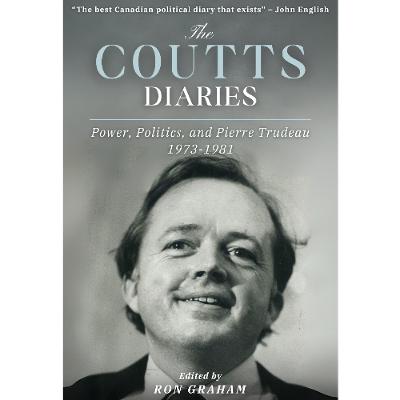
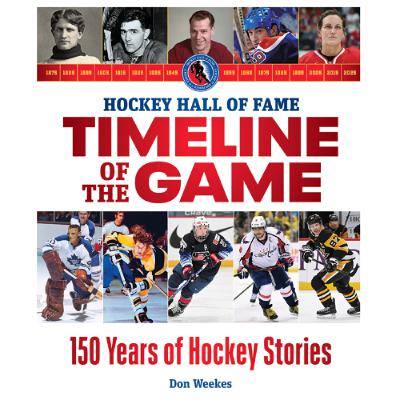

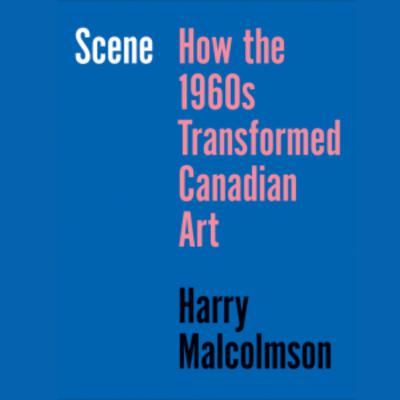
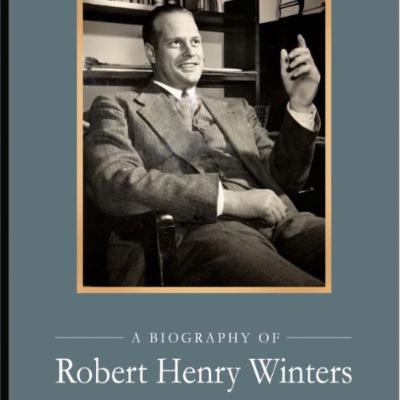
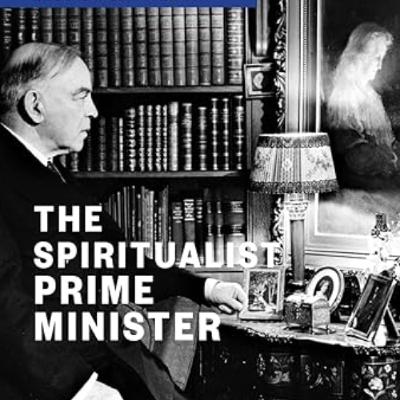
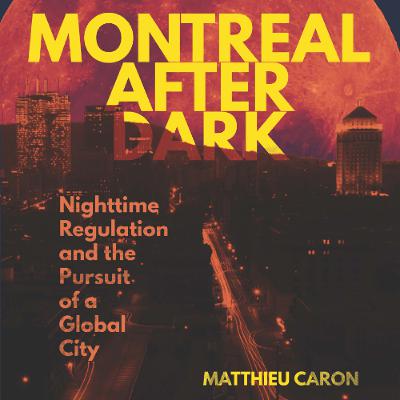
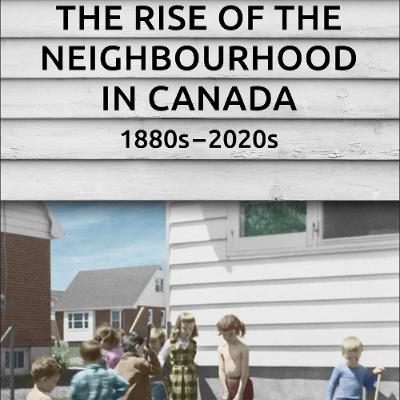
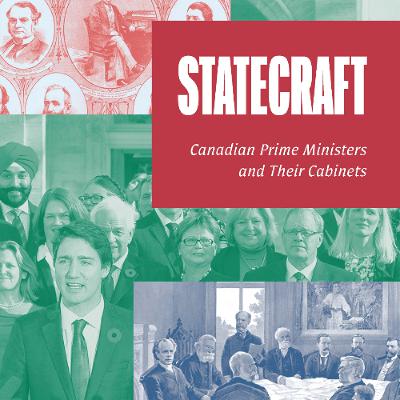
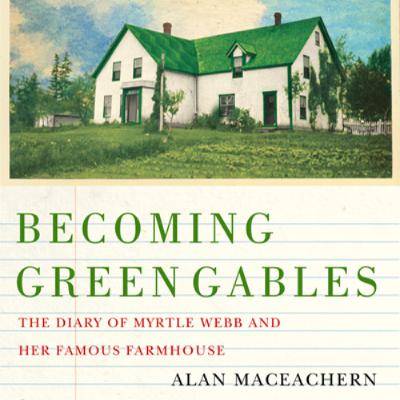
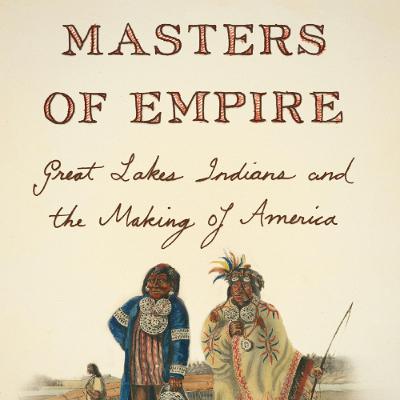
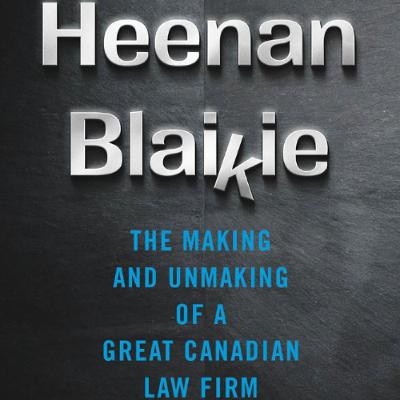
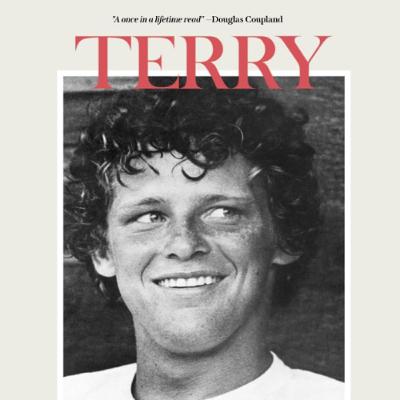
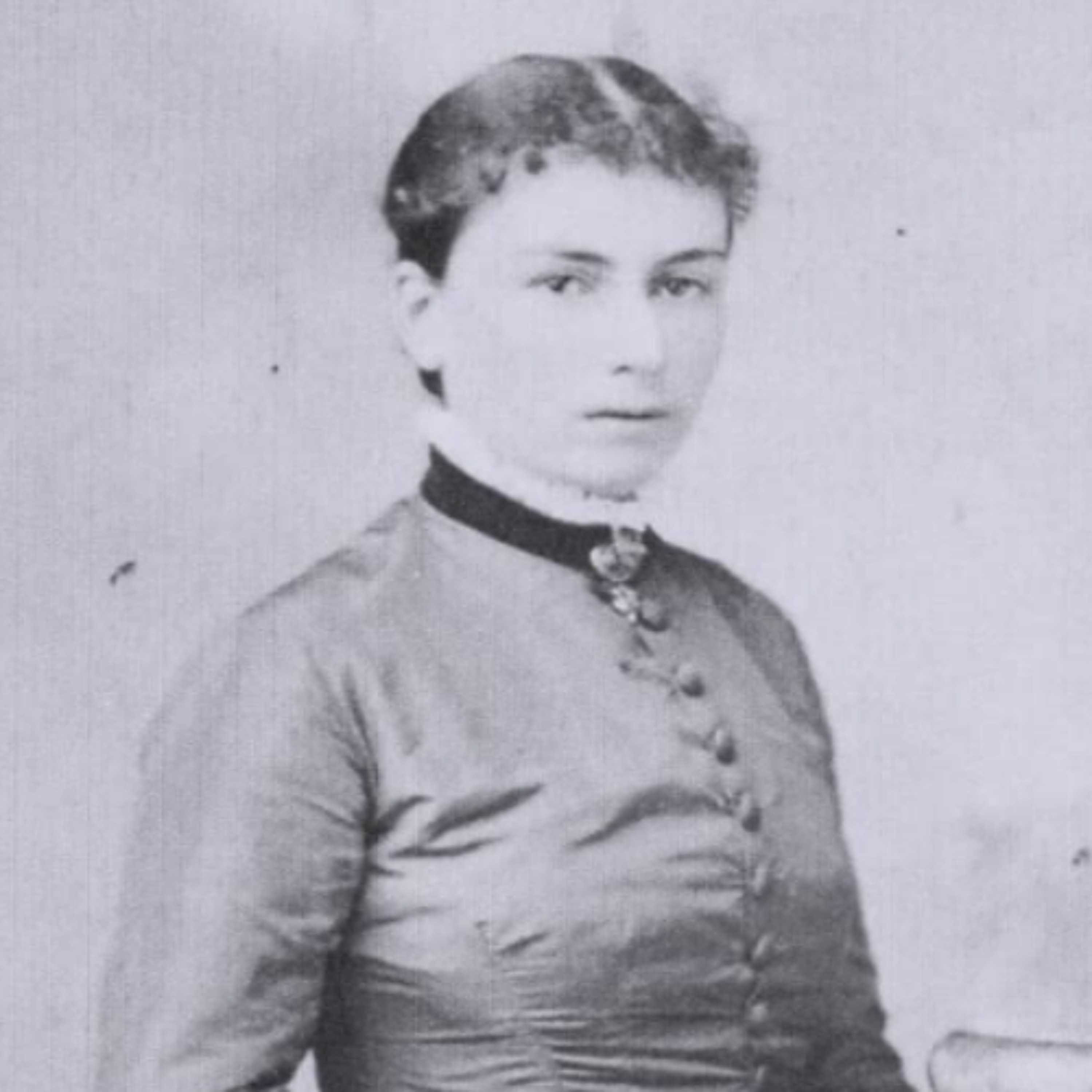
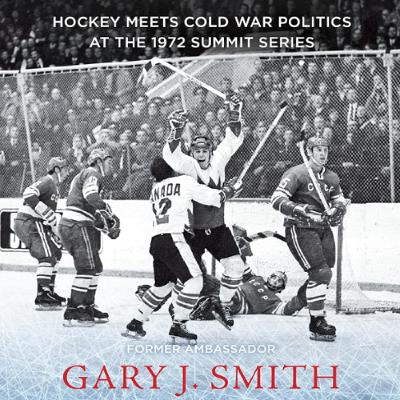
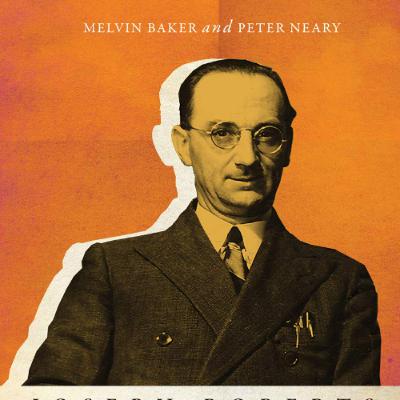
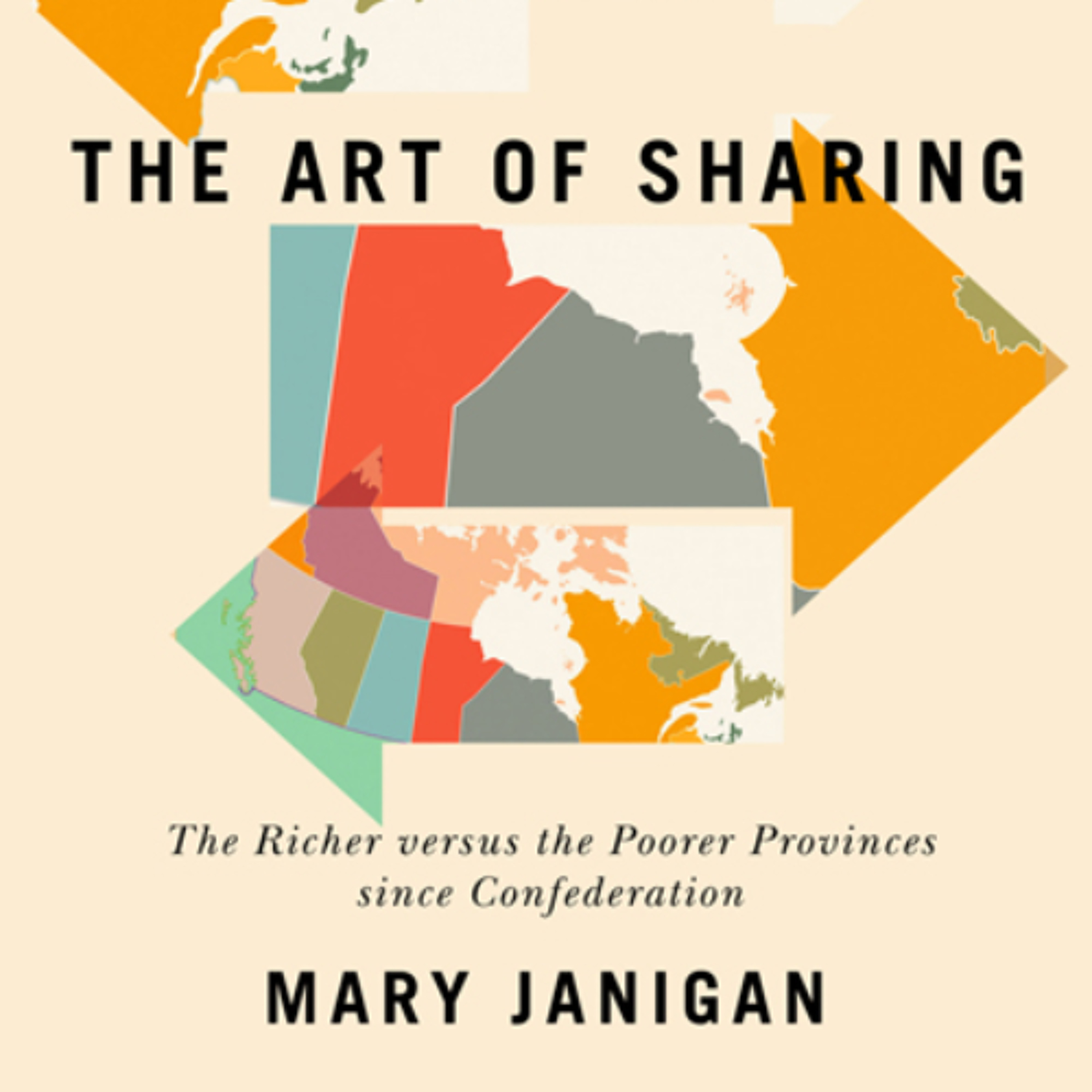

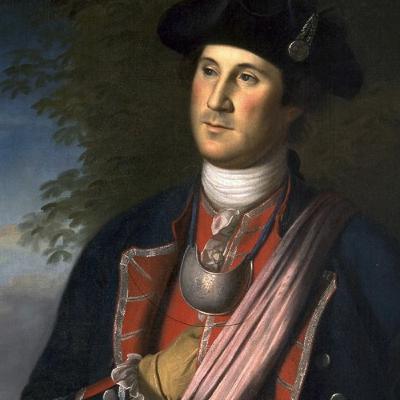
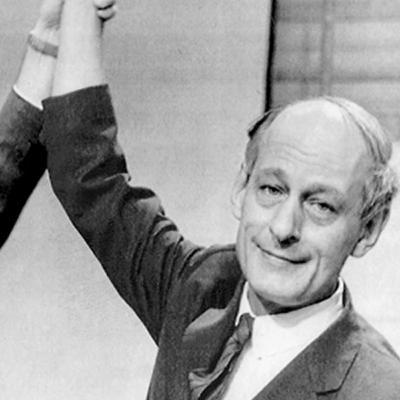



Wonderful episode!
great episode!
Great stuff! Look forward to hearing a podcast with Patrice Dutil on his Dorchester Review article "Not Guilty".